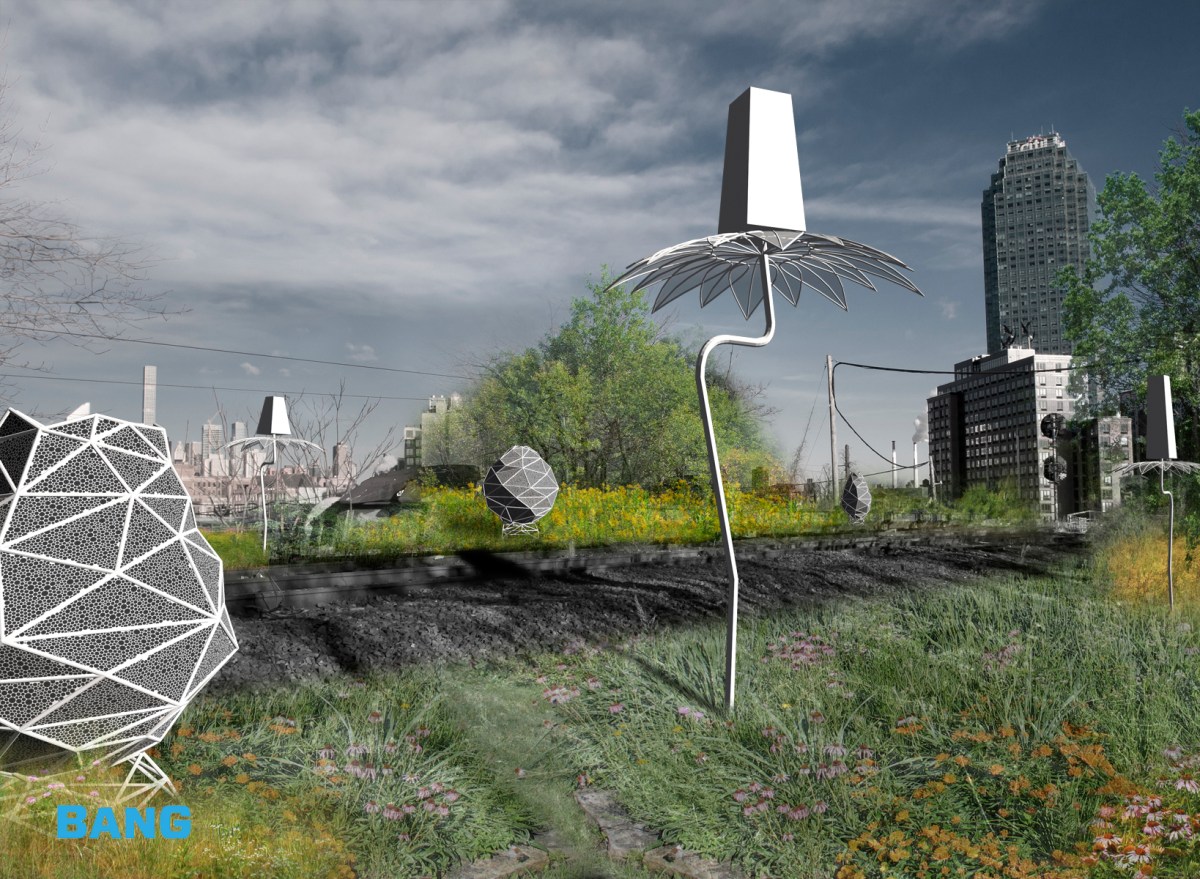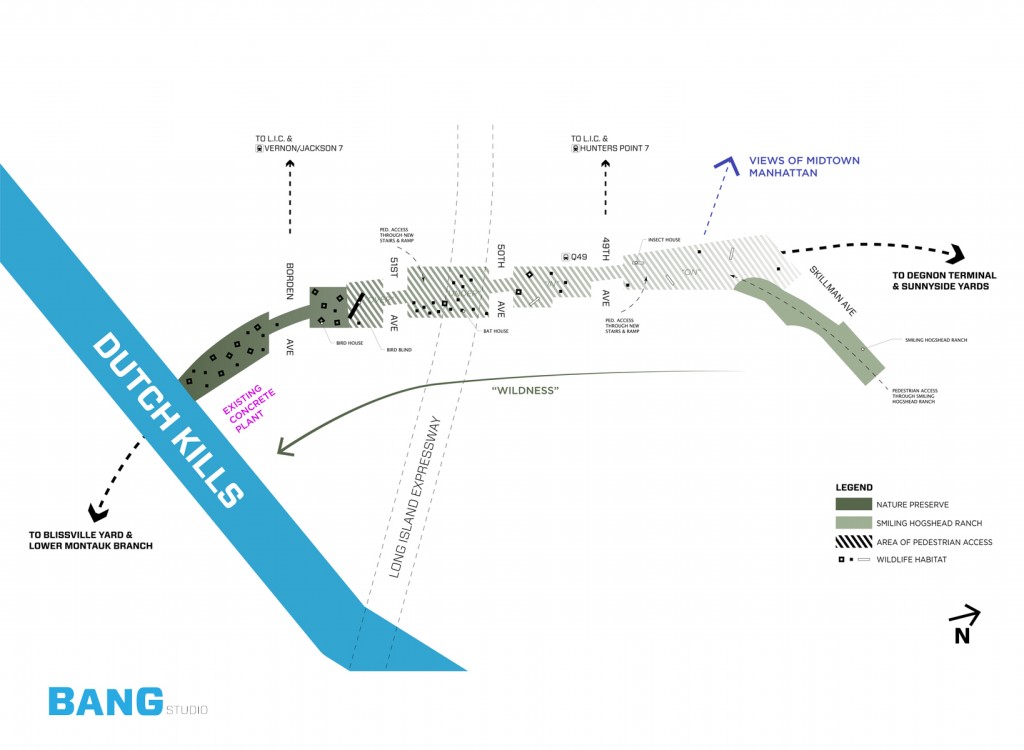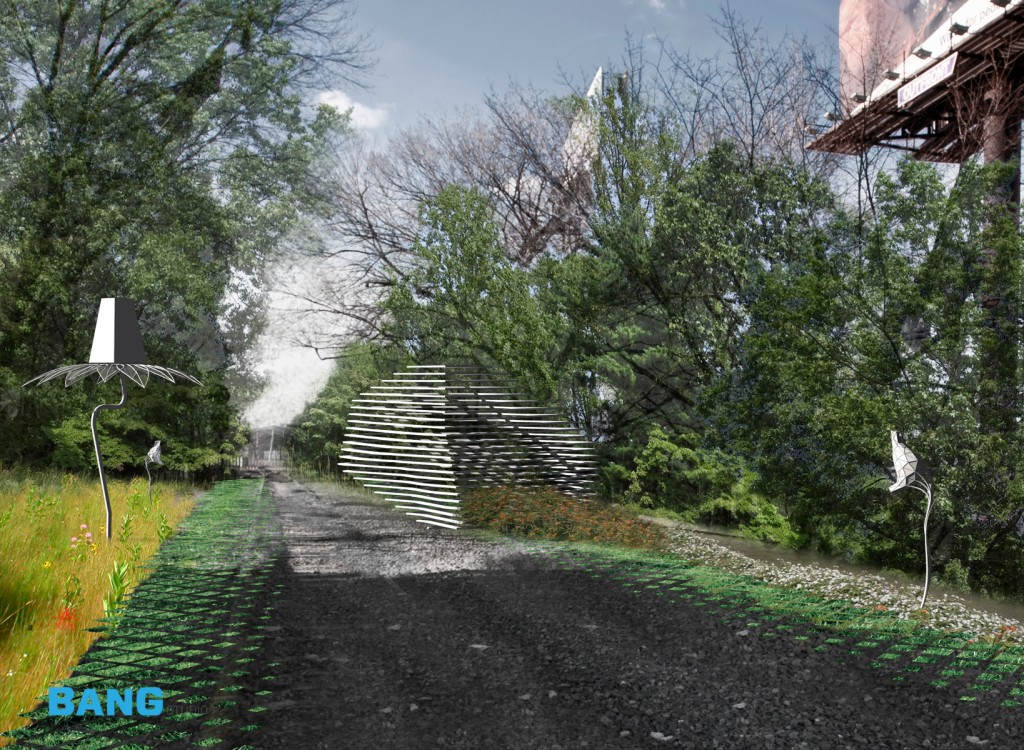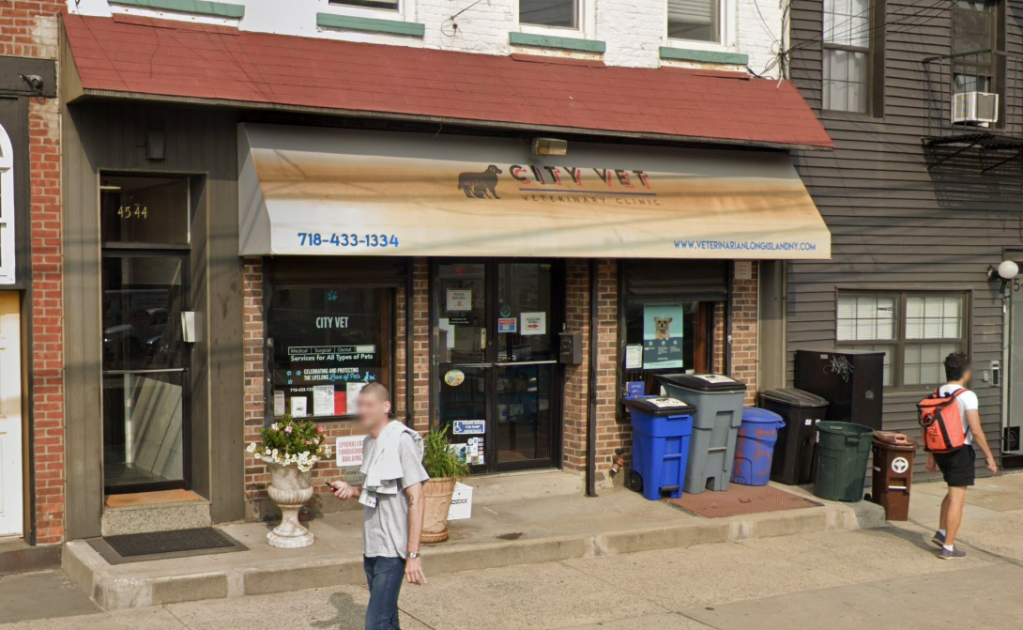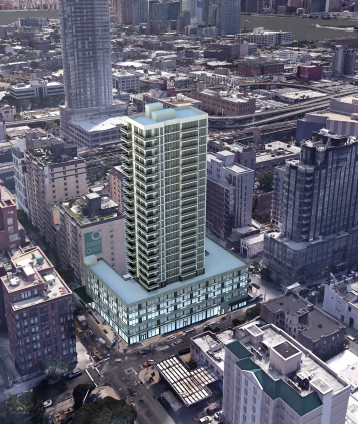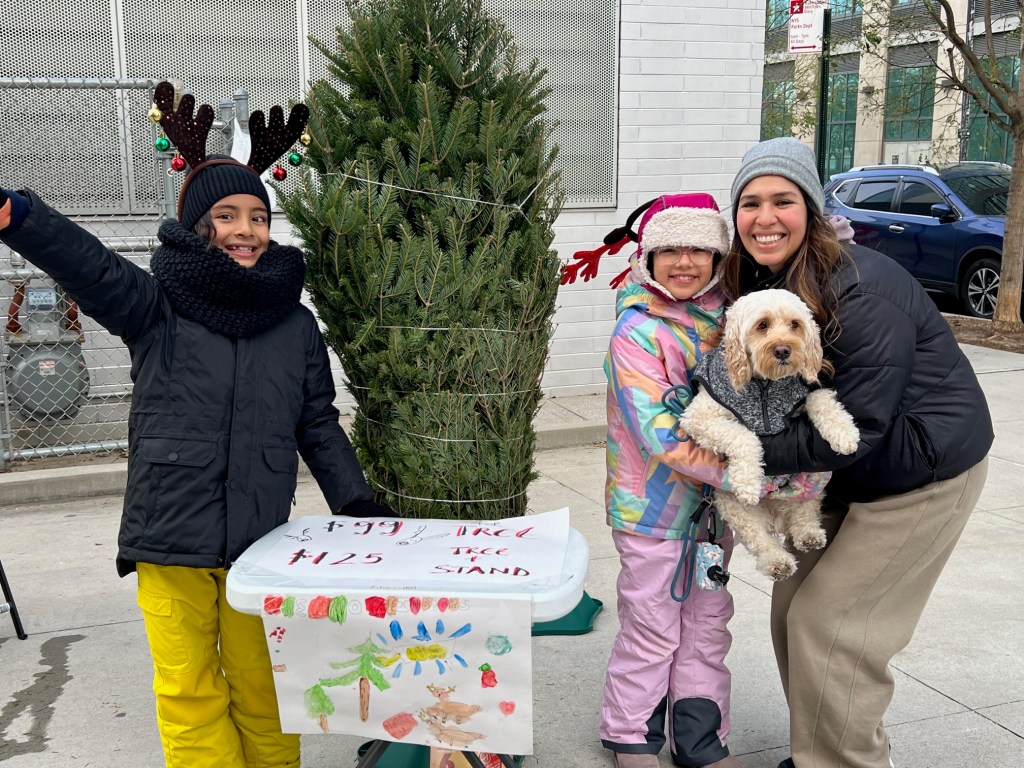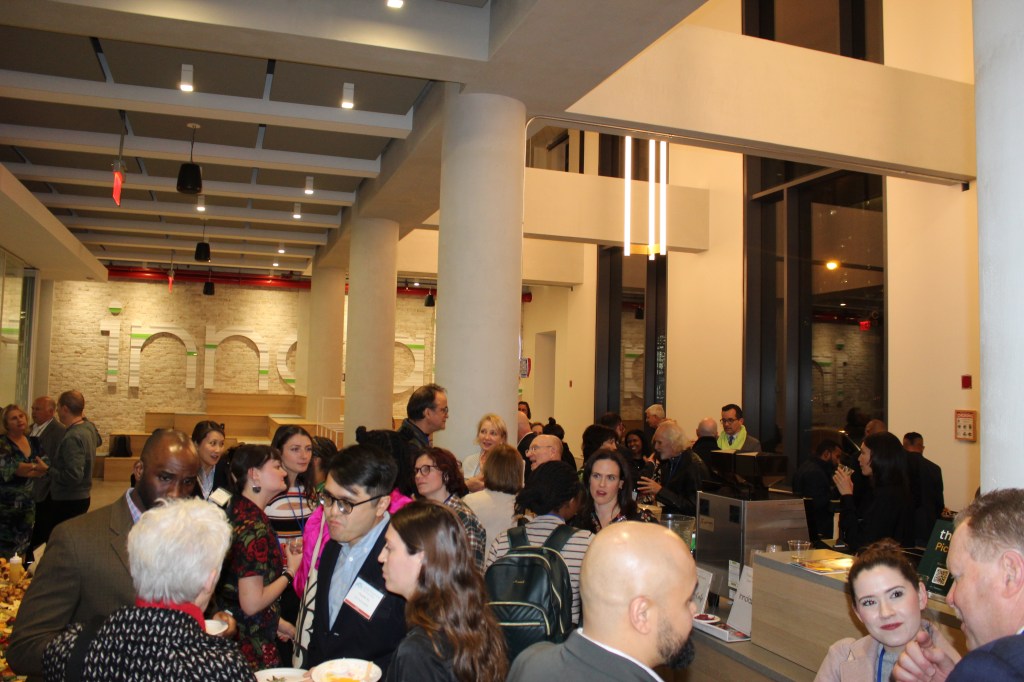Earlier last year, the city announced its goal to transform a stretch of abandoned rail line in Long Island City, and one proposal aims to turn the line into “a unique ecological and cultural space.”
Long Island City-based BanG Studio and Brooklyn Grange call their plan the “Wild Line.” The groups are proposing to create a habitat where animals, humans, birds, insects and microorganisms can coexist on a 4.3-acre parcel of land that stretches from 49th to Skillman avenues. The line was decommissioned by the MTA in March 2015.
The Wild Line will create a gradient of wilderness from the north end to the south end of the rail line, Curbed first reported. The south end, reserved for native plant, animal and insect species, will be off-limits to the public and only be used for research and education.
“What’s striking is that even though it’s not so long ago that it was being used, the way nature sort of starts to take over…it seemed like a really sort of suitable location to kind of reintroduce the sort of plants that are native, which create habitat for animals that are native, which have positive environmental effects,” said Henry Grosman, co-founder of BanG Studio.
According to the plan, the Wild Line will consider every aspect of biological and ecological processes to turn the once-industrial site into a natural environment.
Native plants including perennials, red maple, witchazel and winterberry trees will be installed and will help to conserve water since the plants are resistant to drought patterns and sudden precipitation surges that are common in New York.
The groups will also engage visitors by creating opportunities for composting. Bins, tumblers, wooden boxes and Bokashi Buckets, a system of composting that ferments kitchen scraps, will be placed along the route to ensure healthy soil and eliminate the need for chemicals, according to the plan.
Smiling Hogshead Ranch, an urban garden started in 2011 by community members, will remain on the site. Located at 25-30 Skillman Ave., the nonprofit provides tours for students, live productions, performance art, yoga, flow arts and more. The nonprofit’s organizers are also working with community groups to submit a proposal to the MTA.
Bug hotels are also part of the plan and will serve as homes for wild bees, spiders and lady bugs. The groups hope to create a symbiotic relationship with insects and plants. Milkweeds and nectar plants will act as sustenance for monarch butterflies and other insect species.
Loggerhead shrikes, eld sparrows, meadowlarks and other species of birds can also receive sustenance from perennials and wildflowers, according to the plan.
Birdhouses and bat condos would be constructed to encourage species to use the Wild Line as a home. Bat condos would attract little brown bats that eat mosquitoes and other garden bugs, eliminating the need for harmful pesticides.
“You can have airplanes spraying poison overhead or you can bring back some bats,” Grosman said.
These bats are being heavily affected by a fungus called White-Noise Syndrome and only have a handful of caves to call home throughout the state.
The public would have access to the Wild Line from a ramp and stairs on 51st Street, 49th Avenue and through the Smiling Hogshead Ranch.
BanG Studios and Brooklyn Grange hope to partner with organizations such as the Long Island Native Plant Initiative and the LIC Partnership and are already discussing a partnership with the NYU Tandon School of Engineering’s Sustainable Urban Environments program to allow students to conduct fieldwork.
Grosman and his partner, Babak Bryan, are also in talks with LaGuardia Community College’s biology program to collaborate if the Wild Line is implemented.
Grosman said his company, along with Brooklyn Grange, had a conference call with the MTA to explain their vision and that the agency was supportive of their idea. It is not clear if the MTA will issue a Request for Proposal (RFP) from which they will choose a proposal to implement.
“The process is continuing, but as of right now we don’t have a specific time frame for an RFP,” a spokesperson for the MTA said.

